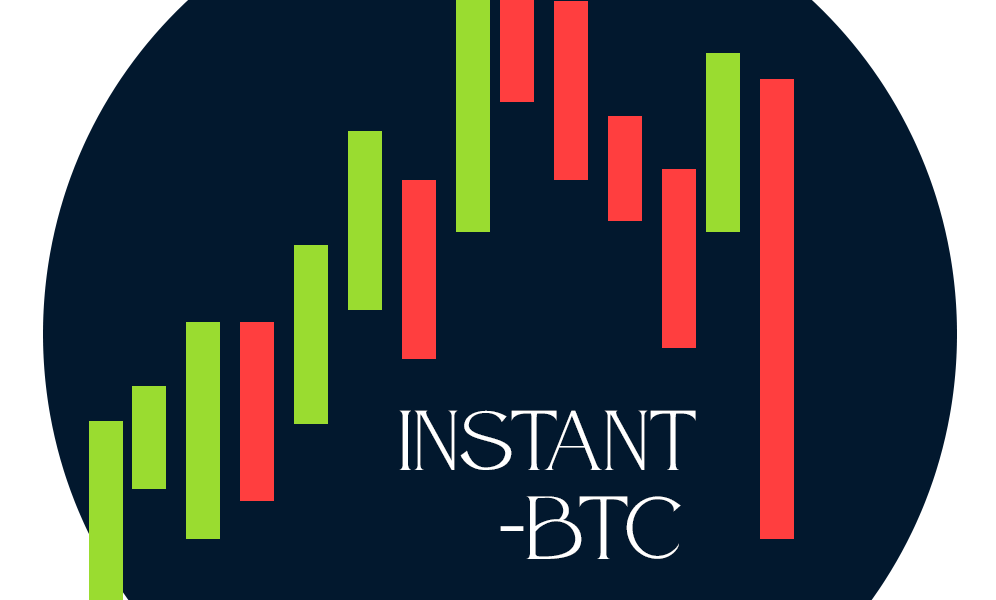It depends on several factors such as the market demand, competition, technology advancement, and partnerships. Some of the popular blockchain startups with a promising future are:
Chainlink (LINK)
Chainlink is a decentralized oracle network that connects smart contracts with real-world data. It provides a secure and reliable way for smart contracts to access off-chain data such as pricing information, weather data, and other types of external data. This helps smart contracts to be more responsive and dynamic, making it possible to create new decentralized applications that were previously impossible. Chainlink operates on a blockchain-based platform and uses a network of decentralized oracles to provide data to smart contracts in a secure and transparent way.
Polkadot (DOT)
Polkadot is a decentralized, multi-chain platform that enables interoperability between different blockchain networks. It aims to connect different blockchain networks and allow for the transfer of data and assets between them in a secure and seamless manner. The platform is based on the Substrate framework and uses its own token, DOT, for governance and to secure the network. Polkadot was founded in 2016 by Dr. Gavin Wood, co-founder of Ethereum, and was officially launched in 2020. It has become one of the most promising and innovative blockchain projects in the industry.
Binance (BNB)
Binance is a cryptocurrency exchange platform founded in 2017. It allows users to trade various cryptocurrencies such as Bitcoin, Ethereum, Binance Coin, and many others. The platform is known for its low fees, wide selection of digital assets, and fast processing times. Binance also offers services such as a wallet, a decentralized exchange, and a launchpad for new token sales.
Cardano (ADA)
is a decentralized platform for building blockchain applications. It is the first blockchain platform to be built on the scientific philosophy of peer-review and collaboration, with the goal of creating a more secure, transparent, and equitable platform for the creation of decentralized applications and transactions. Cardano uses the proof-of-stake consensus mechanism, which is more energy-efficient than the proof-of-work mechanism used by Bitcoin and other cryptocurrencies. Cardano’s native cryptocurrency is ADA.
Solana (SOL)
Solana is a fast, secure, and scalable blockchain platform designed for decentralized applications and digital assets. It was founded in 2017 and is based in San Francisco, California. Solana uses a unique consensus algorithm called Solana proof-of-stake (PoS) that enables high-throughput transactions, low latency, and low fees. The platform has been designed to support decentralized exchanges, NFTs, gaming, and decentralized finance (DeFi) applications. Solana has a growing developer community and has partnered with several companies in the DeFi space.
Ethereum (ETH)
Ethereum is a decentralized, open-source blockchain platform that enables the creation of smart contracts and decentralized applications (dApps). It was founded in 2014 by Vitalik Buterin and other developers, and was launched in July 2015. Ethereum operates on a decentralized network of computers, which eliminates the need for a central authority or middleman. This allows for greater security, transparency, and eliminates the possibility of censorship.
Ethereum is not just a cryptocurrency but also a platform for building decentralized applications. This platform operates on its own cryptocurrency, Ether (ETH), which is used to pay for transactions and computational services on the network. In addition, Ethereum also supports decentralized autonomous organizations (DAOs), which are digital organizations that are run through code and operate autonomously.
Ethereum has quickly become one of the most popular blockchain platforms, and has been used to create a variety of innovative applications such as decentralized exchanges, prediction markets, and crowdfunding platforms.
Uniswap (UNI)
Uniswap is a decentralized exchange (DEX) built on the Ethereum blockchain that allows users to trade cryptocurrency tokens directly with each other, without the need for an intermediary such as a centralized exchange. It operates through a liquidity pool system, where users provide liquidity to the pool in exchange for a percentage of the fees generated by the exchange. Uniswap is known for its ease of use, low fees, and fast transaction times. It also provides a platform for decentralized finance (DeFi) applications, such as yield farming and liquidity provision.
Aave (AAVE)
Aave is a decentralized lending platform built on the Ethereum blockchain. It allows users to lend and borrow assets in a peer-to-peer fashion, with no intermediaries involved. Aave operates as a non-custodial platform, meaning users have full control over their funds and are free to lend or borrow as they please. The platform offers a wide range of assets and features, including flash loans, collateral-based loans, and stablecoins. Aave is also designed to be user-friendly and offers competitive interest rates, making it a popular choice for those looking to engage in decentralized lending and borrowing.
Algorand (ALGO)
Algorand is a blockchain platform that aims to provide a secure and scalable platform for decentralized applications and digital assets. It is designed to address the scalability, security, and decentralization issues faced by other blockchain platforms such as Bitcoin and Ethereum. Algorand uses a unique consensus mechanism called Pure Proof of Stake, which allows for fast and efficient transactions and eliminates the need for energy-intensive mining. The platform also features multi-asset support, smart contracts, and privacy features. Algorand has partnerships with several leading financial institutions and is used for a variety of applications including digital payments, decentralized exchanges, and supply chain management.
Stellar (XLM)
is a decentralized cryptocurrency and open-source platform designed to facilitate cross-border payments and transfers. It was created in 2014 by Jed McCaleb and Joyce Kim, with the aim of providing a fast and efficient means of sending money across borders without the need for intermediaries. Stellar operates on a decentralized ledger and uses its native cryptocurrency, XLM, as a means of exchange. Transactions are processed in just a few seconds, making it one of the fastest cryptocurrencies in the market. The platform also offers low transaction fees, making it an attractive option for businesses and individuals looking for cost-effective cross-border payment solutions.
Disclamer.
It is important to note that the future of blockchain startups is highly volatile and subject to change rapidly. It is always recommended to do thorough research and consult with a financial advisor before making any investment decisions.

